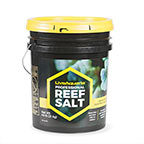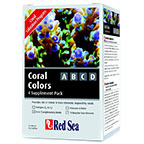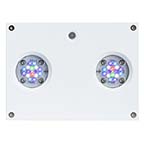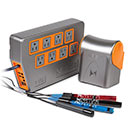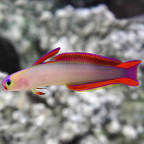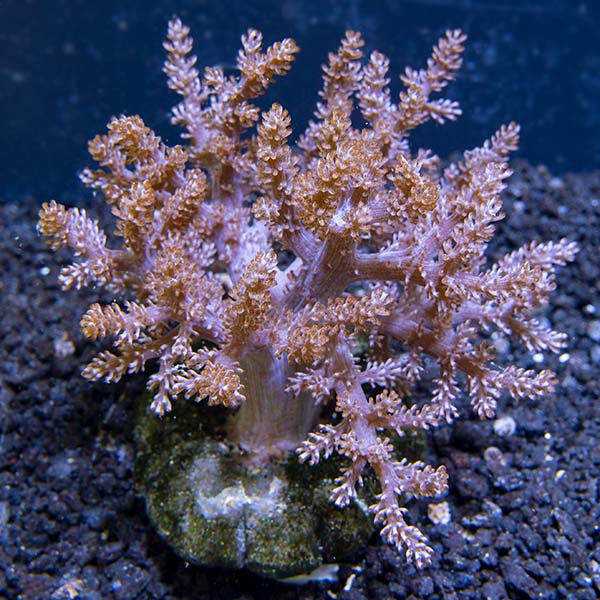

Additional locales and sizes may be available!
Additional locales and sizes may be available! Email me when availableQuick Stats
What do these Quick Stats mean? Click here for more information
What do these Quick Stats mean? Click here for more information
Overview
The Kenya Tree Coral, also known as the Cauliflower Soft Coral, is highly regarded as one the best coral for new or novice reef aquarium hobbyists. It is a hardy soft coral tolerant of less-than-ideal conditions. Once established, the Kenya Tree Coral demonstrates vigorous growth making it a great choice for softening rockwork or filling empty reef aquarium landscapes with its lovely tree-like appearance. Kenya Tree Corals are typically cream or brown in coloration, so this pink color variety offers an added bonus of injecting a subtle pop of unexpected color to your reef aquarium.
The Kenya Tree Coral has a semi-aggressive temperament so be sure to provide adequate space between other corals. Though some varieties can produce noxious chemicals, the Kenya Tree Coral is not normally considered a threat to hard corals and in fact may be affected or disturbed by the presence of other corals.
The Kenya Tree Coral can thrive under a variety of lighting conditions achieved by T-5 fluorescent, powerful LED, or the more intense metal halide light fixtures. While not as demanding as small polyp stony (SPS) corals, it is still imperative to maintain high water quality for the Kenya Tree Coral ensuring proper pH, alkalinity and calcium levels, while keeping phosphate and nitrate levels as close to zero as possible. Under ideal conditions the Kenya Tree Coral can grow rapidly, allowing dedicated or experienced reef hobbyists to propagate fragments or broken pieces of these corals and grow them into new colonies.
Along with proper lighting and water quality, the Kenya Tree Coral will thrive when provided medium to strong, intermittent water flow within the aquarium. This can be easily achieved with the addition of powerheads, wavemakers, or water circulation pumps.
Though the Kenya Tree Coral hosts symbiotic photosynthetic zooxanthellae algae to help satisfy a portion of its nutritional requirements, the Kenya Tree Coral will benefit from supplemental weekly feedings of micro-plankton and other foods designed for filter-feeding invertebrates especially when housed in reef aquariums that do not contain fishes. For continued good health, the Kenya Tree Coral will also require the addition of iodine, strontium, and other trace elements to the water.
The Kenya Tree Coral is mounted to a natural "rock-like" plug that can be placed easily and securely in or between rockwork in the reef aquarium.
Approximate Purchase Size: Small: 1" to 2-1/4"; Medium: 2" to 4-1/4"; Large: 4" to 7"
Supplies You May Be Interested In
Customer Testimonials
This excellent coral grows very fast. I have had mine for 18 months; it is so full and bushy that I can't see the base once it opens during the day. Mine got so bushy that appendages broke off and are now growing in different parts of my tank. Very easy to reattach in other areas of the tank.



